Recent Release | 12 Sep 2022
Energy Transitions in Western and Central Africa: A focus on Nigeria, Ghana, Senegal, Equatorial Guinea and Mauritania

Africa Consulting Team
Oxford Economics Africa
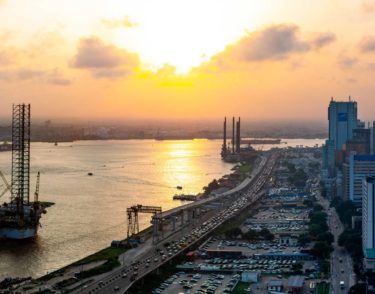
The global energy transition involves the sustained displacement of fossil fuels by renewable energy and complementary technologies to reduce carbon intensity. It is, however, imperative to consider such shifts within the distinct developmental contexts of countries to ensure energy transitions are socially inclusive and just.
This latest report by our Africa consulting team examines how energy transitions are likely to unfold in Nigeria, Ghana, Senegal, Equatorial Guinea, and Mauritania. These countries exhibit stark energy poverty and are highly reliant on hydrocarbons to help fuel their economic development.
The study assesses the historic and future development of each country’s primary energy and electricity landscapes under two scenarios. Depending on the country, we find that total domestic primary energy supplies will have to increase by between 1.3% and 5.3% and electricity generation by 4.6% to 7.7% on average per year to 2050 in order to enable industrial development, improve human well-being, and reduce the harmful incineration of traditional biomass.
Energy transitions in these countries are likely to be distinct from those charted for other countries in Africa and elsewhere. A key finding is that natural gas and, to a lesser extent oil, is set to grow in the countries’ primary energy systems, while natural gas will progressively complement rising shares of renewables in electricity production. The proliferation of natural gas is essential to their fiscal, economic, social, industrial, and developmental futures. Even so, renewable energy and complementary technologies will concurrently continue to gain in prominence. The vast energy expansion requirements suggest an accompanying rise in carbon emissions, although the countries’ respective contributions will remain marginal and well below 0.3% of total global energy emissions by 2050.
The report was commissioned by Kosmos Energy, a leading deepwater oil and gas exploration and production company with a long history of working in Africa. Kosmos Energy’s assets include production offshore Ghana, Equatorial Guinea and the U.S. Gulf of Mexico, as well as a word-class natural gas development offshore Mauritania and Senegal.
About the team
Our Africa consulting team include specialists in quantitative economic analysis, working with clients around the globe and across sectors to build models, forecast markets and evaluate interventions using state-of-the art techniques. Lead consultants on this project were:

Deon Fourie
Senior Economist, OE Africa

Vincent Phiri
Senior Econometrician, OE Africa
You might be interested in
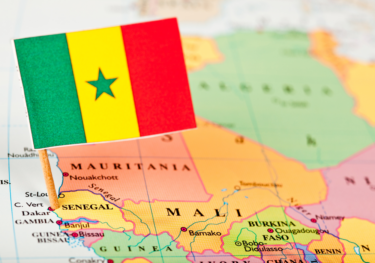
Africa: Radical Faye looks strong in Senegal’s presidential election
The first round of Senegal's presidential election will take place on Sunday, March 24. The race is unpredictable, given the dramatic backdrop to it. In this Research Briefing, we set out the main dynamics relating to the election and refresh our political scenarios.
Find Out More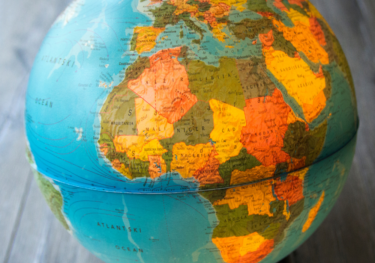
Global sustainability scramble ushers in a new era for South Africa
Africa's mineral riches are central to its history. However, the race to combat climate change has reignited interest in the continent given its vast deposits of critical minerals. Southern Africa, in particular, has received much attention with the development of several key transport corridors with the almost explicit purpose of scaling up the availability of these minerals on international markets. We set out to investigate the economic potential of the region in terms of its critical minerals while taking into consideration what the establishment of these corridors means for the regional economy.
Find Out More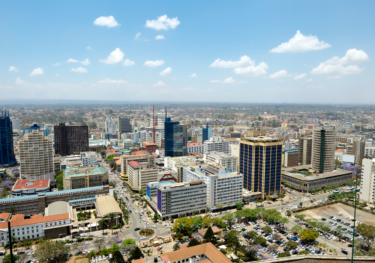
Africa: The long-term outlook for sub-Saharan African cities
Sub-Saharan cities will lead the way for GDP growth, but similarly strong demographic changes will limit gains in GDP per person, reaffirming the region’s position at the lower end of the development spectrum.
Find Out More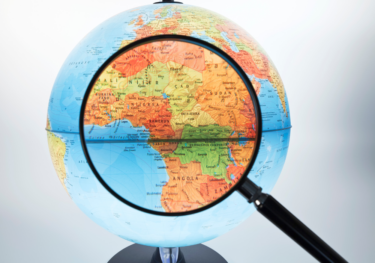
Africa: Elections in 2024
This Research Briefing provides an overview of the most consequential elections being run in Africa this year: South Africa's general election, presidential and parliamentary elections in Mozambique, and presidential races in Senegal, Ghana, and Rwanda.
Find Out More